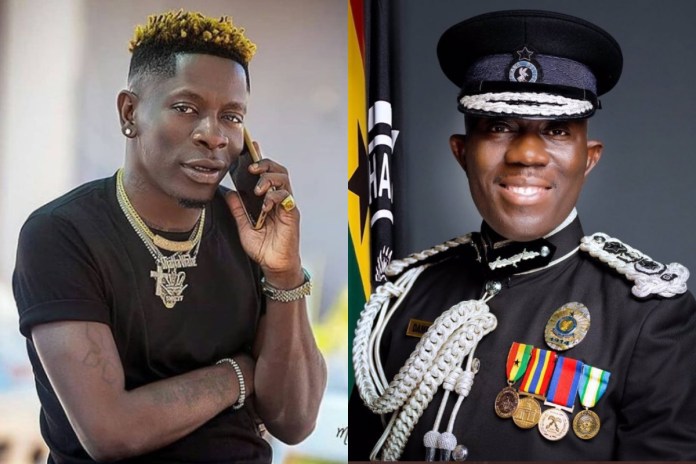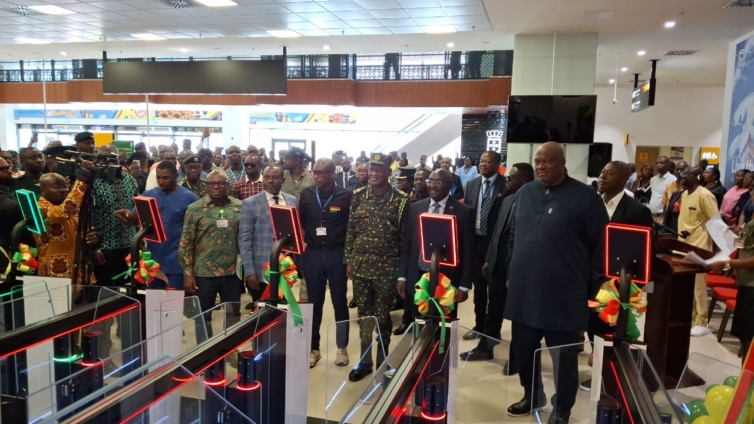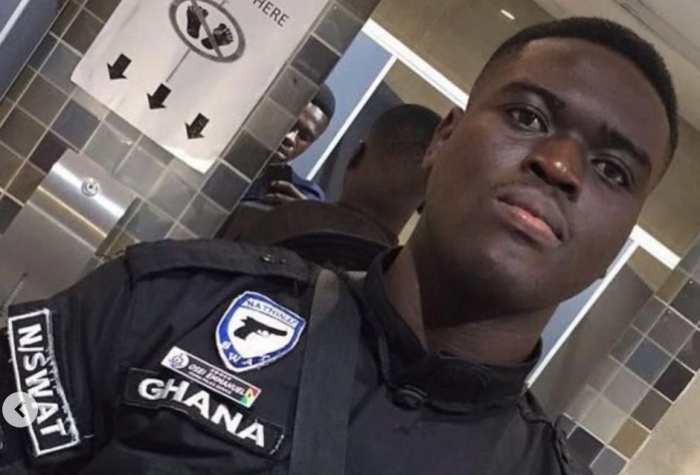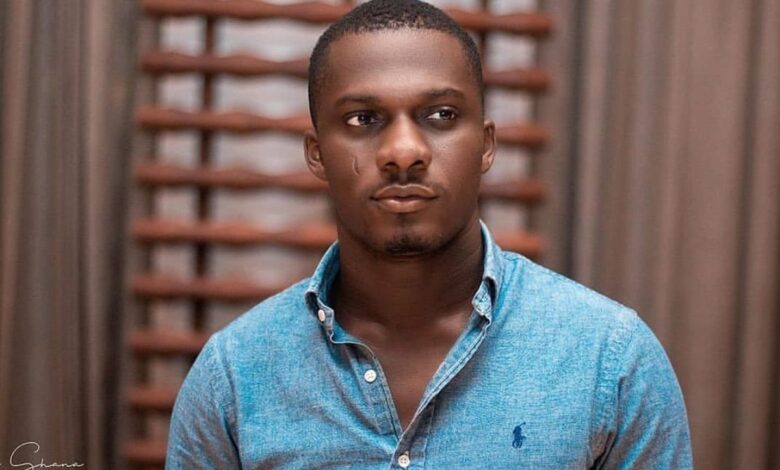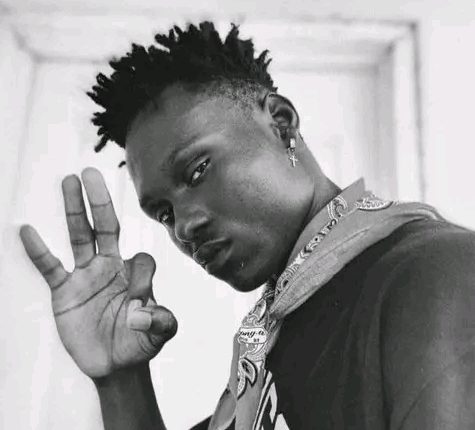NIGERIA SUSPENDS TWITTER OPERATIONS ‘INDEFINITELY’
Nigeria’s government is suspending Twitter operations in the country “indefinitely”, the country’s information minister has announced.
The West African country which has the largest population in Africa has indefinitely suspended Twitter two days after the social media giant temporarily froze the account of the nation’s president, sparking a torrent of Internet outrage in Africa’s most populous country.
Nigeria’s minister of information and culture, Lai Mohammed, made the surprise announcement Friday in the capital Abuja, citing vague safety concerns.
Mohammed condemned “the persistent use of the platform for activities that are capable of undermining Nigeria’s corporate existence,” according to a statement from Segun Adeyemi, special assistant to the president.
Officials did not provide further details.
“The announcement made by the Nigerian Government that they have suspended Twitter’s operations in Nigeria is deeply concerning,” the company said in a statement, adding that it would investigate.
On Wednesday, Twitter removed a post by Nigeria’s president, Muhammadu Buhari, that vowed to punish separatists in the nation’s southeast whom authorities have blamed for attacks on federal property.
“Many of those misbehaving today are too young to be aware of the destruction and loss of lives that occurred during the Nigerian Civil War,” wrote Buhari, a retired general, referring to the 1967-1970 conflict. “Those of us in the fields for 30 months, who went through the war, will treat them in the language they understand.”
The social media platform said Buhari’s tweet violated its “abusive behavior” policy, removed the post and suspended his account for 12 hours.
Twitter is massively popular in Nigeria. Rumors swirled this year that chief executive Jack Dorsey, who paid a high-profile visit to the country in 2019, would open an Africa office there before the tech firm landed in Ghana.
Nigerian activists have harnessed the platform to fuel major protest movements — including #EndSARS, which led to the end last year of a police unit that human rights groups called abusive.
Authorities did not clarify how and when the ban would start. One senior official, speaking on the condition of anonymity to discuss sensitive matters, said he was shocked by the move and wasn’t sure how it would work.
Amnesty International’s Nigeria arm criticized the ban in a tweet Friday, saying that Twitter is “widely used by Nigerians to exercise their human rights.”
SERAP, a human rights law nonprofit group in Lagos — Africa’s largest city, with an estimated 20 million inhabitants — pledged to sue the government.
“Nigerians have a right to freedom of expression and access to information including online,” the group tweeted, “and we plan to fight to keep it that way.”
.

